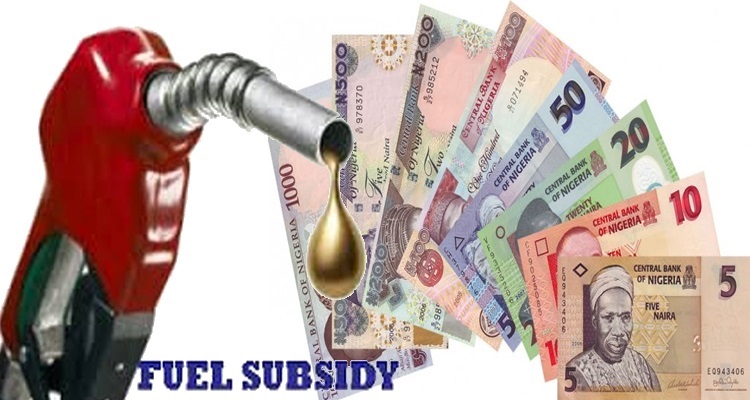The Major Energies Marketers Association of Nigeria (MEMAN) has warned that the 15 per cent ad-valorem tariff recently approved by President Bola Tinubu on imported fuel and diesel could force Nigerians to spend an additional N3 billion daily on petrol consumption.
Chief Executive Officer of MEMAN, Clement Isong, gave the warning in an interview at the weekend, describing the tariff as excessive and economically harsh on citizens.
Isong explained that the projected N3 billion extra daily cost is based on Nigeria’s estimated consumption of 30 million litres of petrol per day.
He said that if the tariff leads to a price increase of N100 per litre, the daily impact on consumers would amount to N3 billion — or even higher when global oil prices rise.
“Do you really want to take that much money out of Nigerians’ pockets? It is a lot. We suggest a tariff between 2.5 and 5 per cent, or a fixed denomination, not a percentage that fluctuates with global prices,” Isong said.
He explained that applying a 15 per cent tariff to the current landed cost of petrol (about N827.24 per litre) would add roughly N122.46, pushing the pump price to about N998 per litre in Lagos and over N1,028 in other parts of the country. Diesel prices, he noted, could rise to between N1,154 and N1,194 per litre.
According to the MEMAN boss, while the intent of the tariff — to protect local refineries and promote in-country refining — is understandable, the impact on consumers would be severe without a balanced and evidence-based implementation.
Isong called for a transparent public policy debate and a time-limited, regulator-verified relief system to protect Nigerians from exploitative pricing.
He also suggested alternative measures, including phased or conditional implementation tied to measurable increases in domestic fuel production.
“Tariffs should come with a clear sunset clause, to be withdrawn once local refineries can meet national demand. Regulators must actively monitor refining economics to determine when to end such tariffs,” he advised.
He further proposed that government should consider incentives such as low-interest loans, tax breaks, and production-linked bonuses to support domestic refiners rather than imposing steep import tariffs.
“Direct or indirect financial aid to producers is often a better policy tool than tariffs, as it strengthens local capacity without raising consumer prices,” Isong noted.
He added that government agencies could also be mandated to prioritise locally refined petroleum products, while customs reforms and anti-smuggling enforcement should be intensified to curb importation fraud and protect the domestic market.
Isong maintained that Nigeria’s petroleum policy must aim at building a competitive refining sub-sector with significant private sector participation.
“A strong refining sector is the future of Nigeria. We must remove impediments to private investment and ensure that refineries — public or private — operate competitively in a fair, transparent market,” he said.
MEMAN, he emphasised, would continue to advocate policies that promote local refining without imposing unbearable financial burdens on Nigerians.
Do you want to share a story with us? Do you want to advertise with us? Do you need publicity for a product, service, or event? Contact us on WhatsApp +2348183319097 Email: platformtimes@gmail.com
We are committed to impactful investigative journalism for human interest and social justice. Your donation will help us tell more stories. Kindly donate any amount HERE




